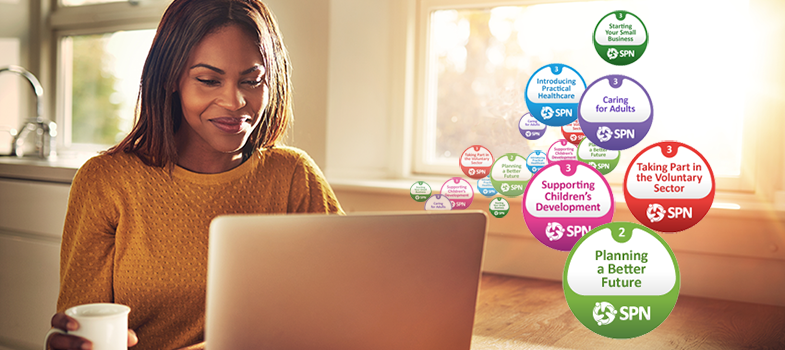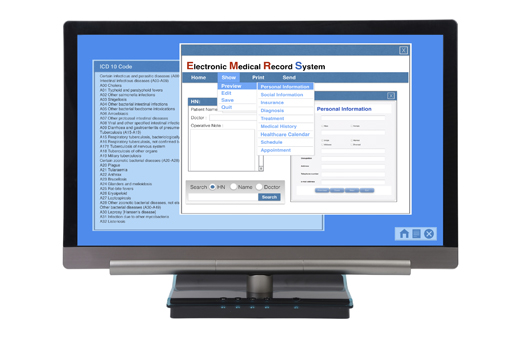3.1 Medical records
The growth in access to computers and the internet has led to changes in how some personal care records are held. The NHS plans to introduce integrated digital records across all healthcare settings in England by 2018, so the use of electronic records is set to become increasingly common (The Open University, 2015, p. 52).
Guidelines [Tip: hold Ctrl and click a link to open it in a new tab. (Hide tip)] published by the Department of Health state that with electronic records, NHS staff in England must:
- not leave a terminal unattended and logged-in
- not share logins with other people
- not reveal passwords to others
- change passwords at regular intervals to prevent anyone else using them
- avoid using short passwords, or using names or words that are known to be associated with them (e.g. children’s or pet’s names or birthdays)
- use a password-protected screensaver to prevent casual viewing of patient information by others
- always clear the screen of a previous patient’s information before seeing another
- always logout of any computer system or application when work on it is finished
The huge increase in social media and mobile technology such as phones and tablet computers means that it can be easy to share information with the wrong people, which can breach confidentiality in the same way as leaving a patient’s records out of the filing system or remaining logged in to a computer when you have walked away. As a healthcare assistant, you have a responsibility to oversee and to protect an individual’s personal information. You should also treat personal information about other workers that you have access to in the same way.
3 Handling information

